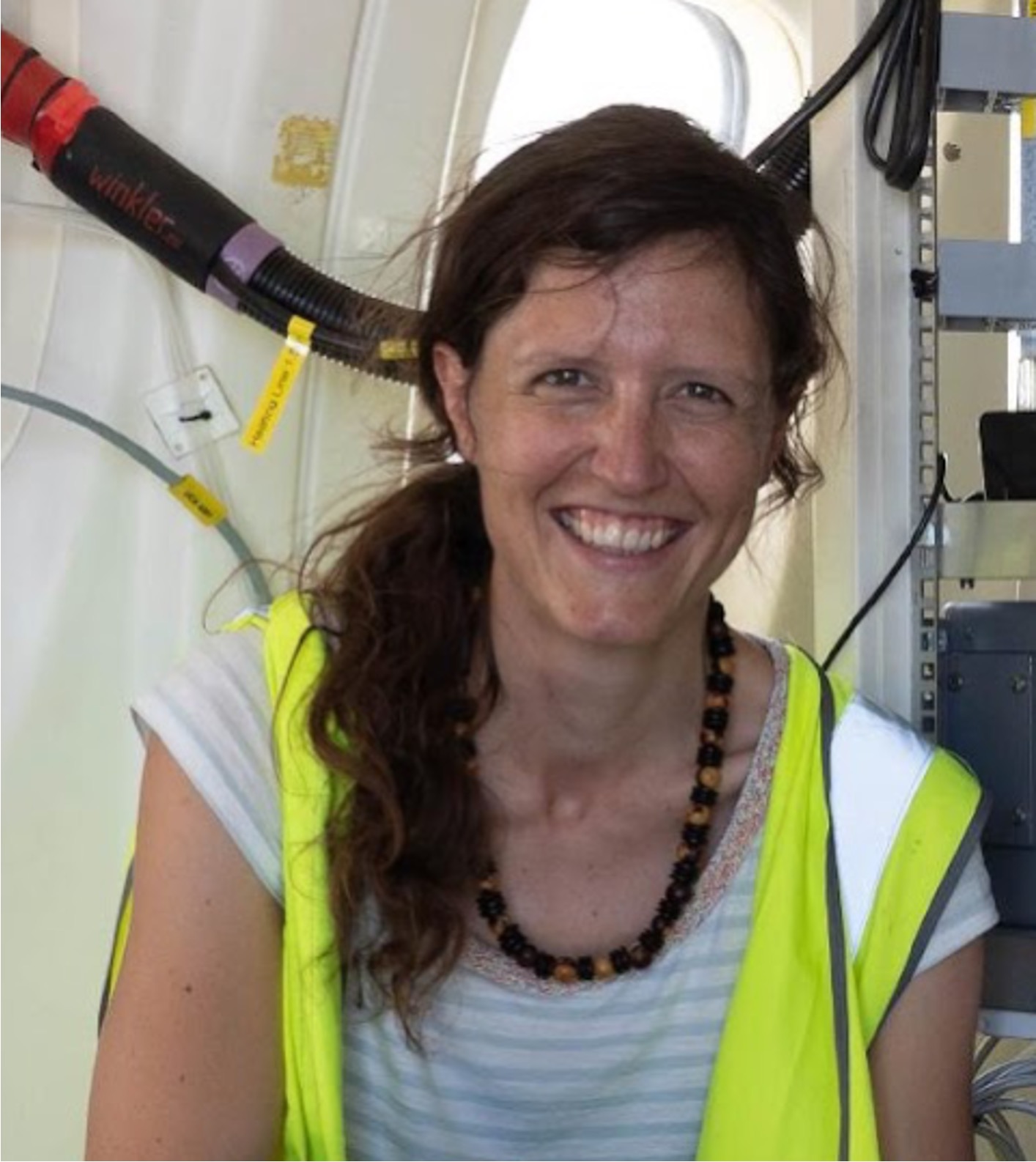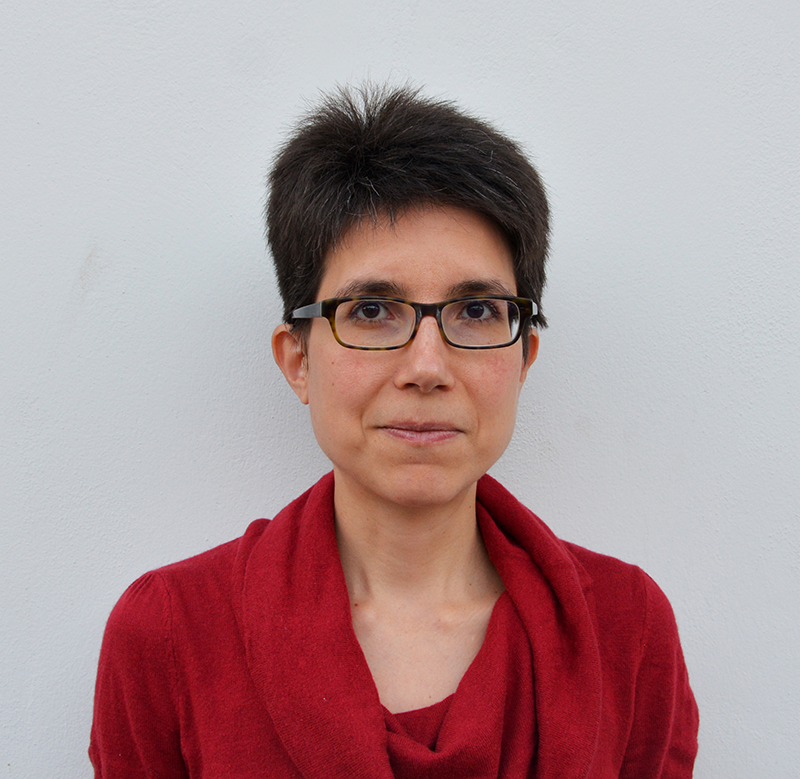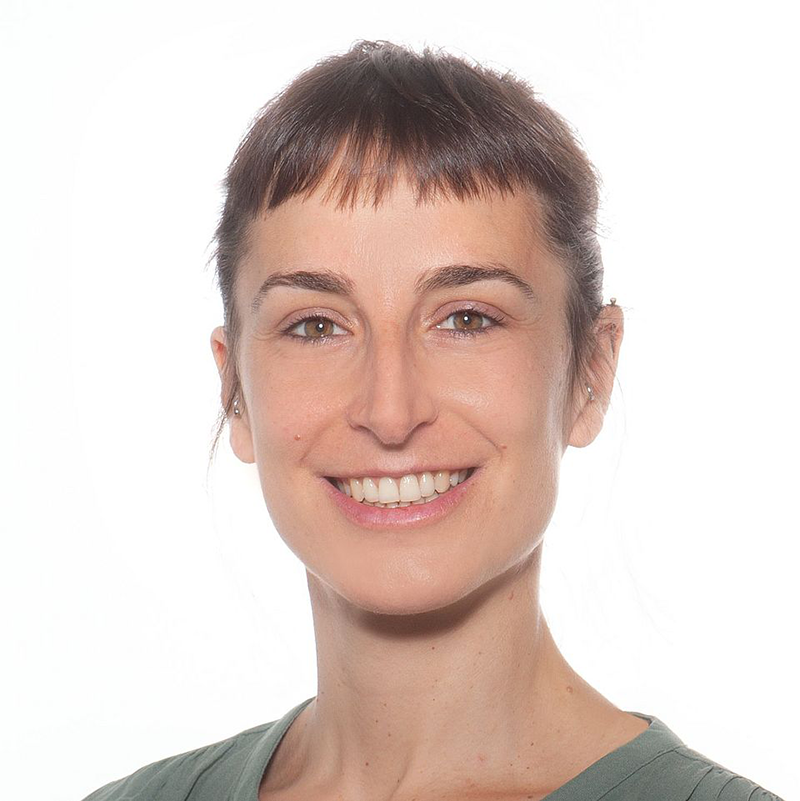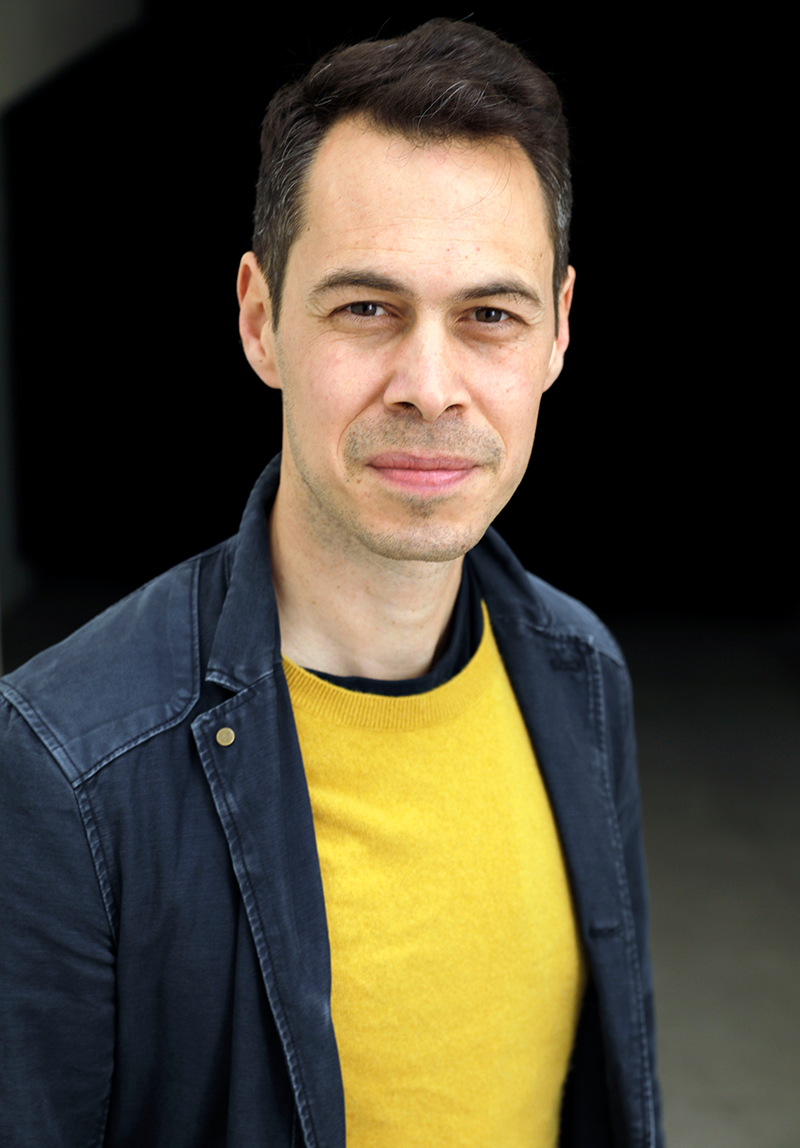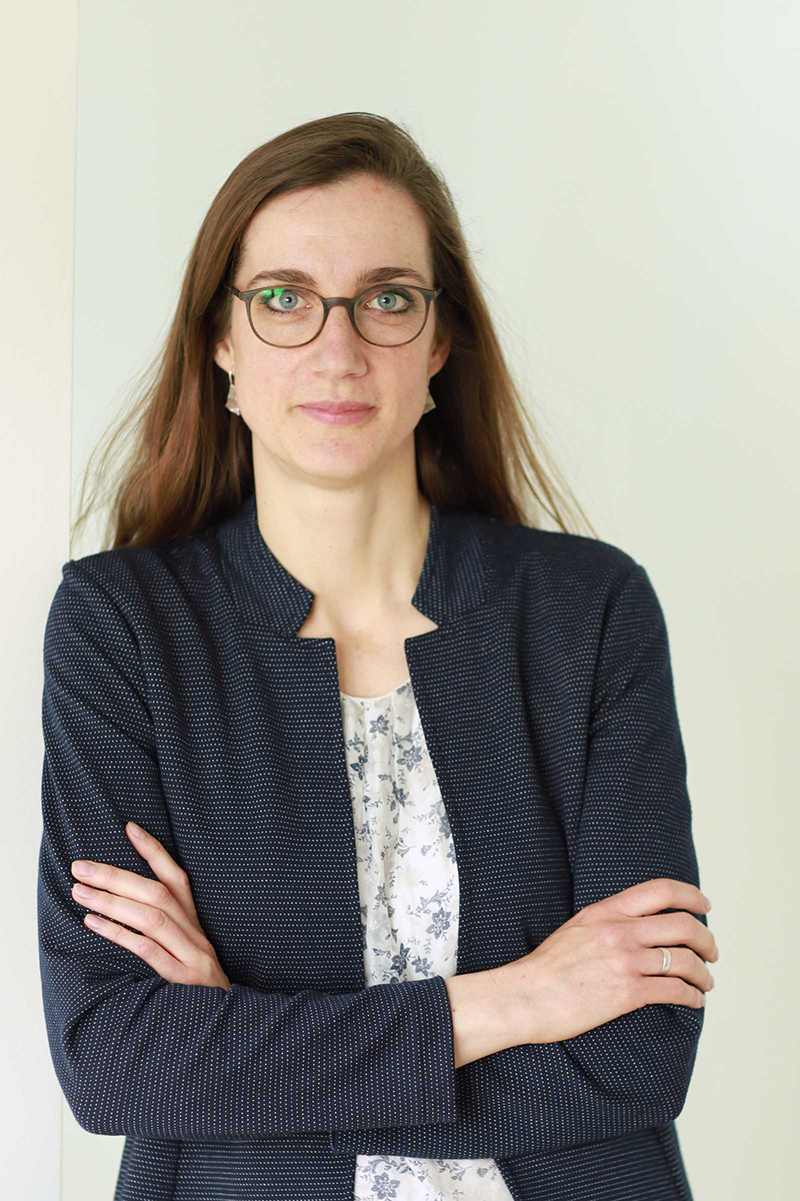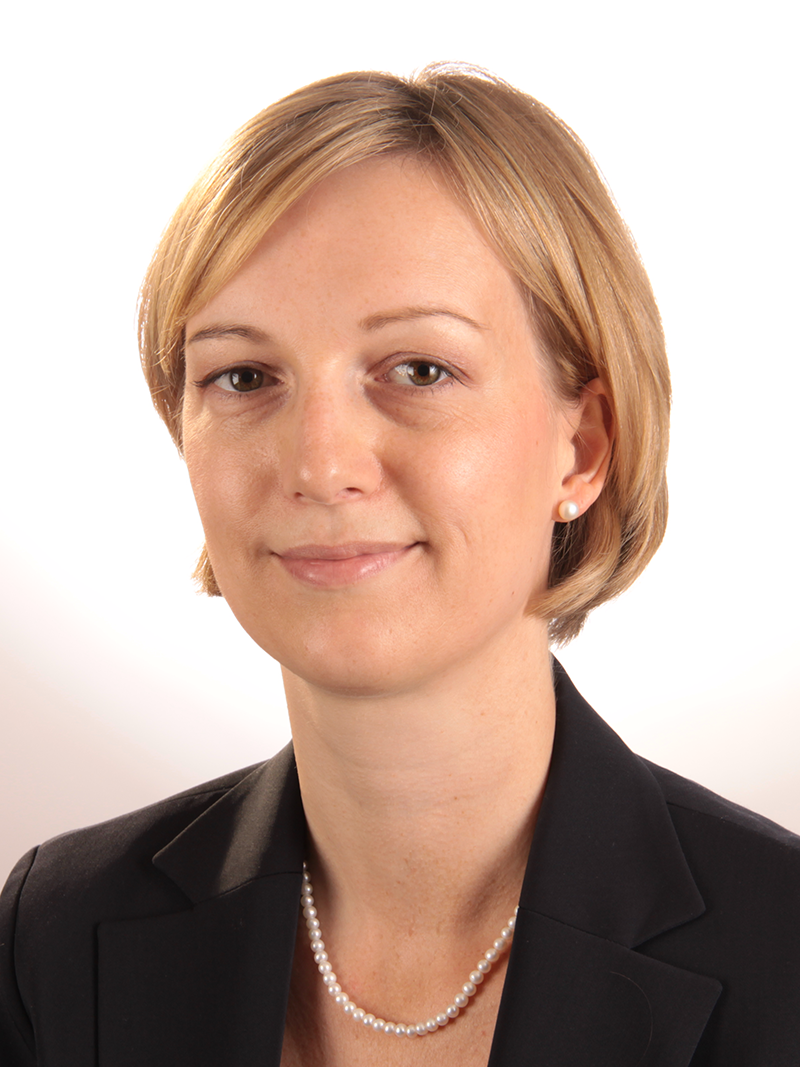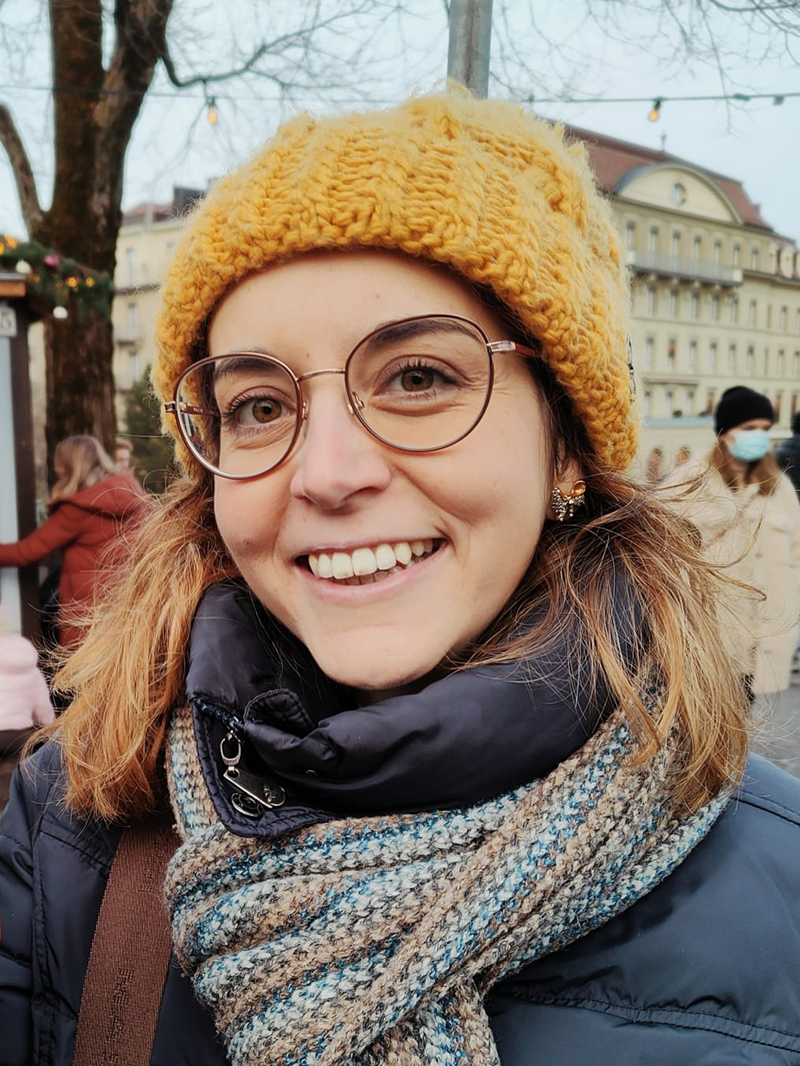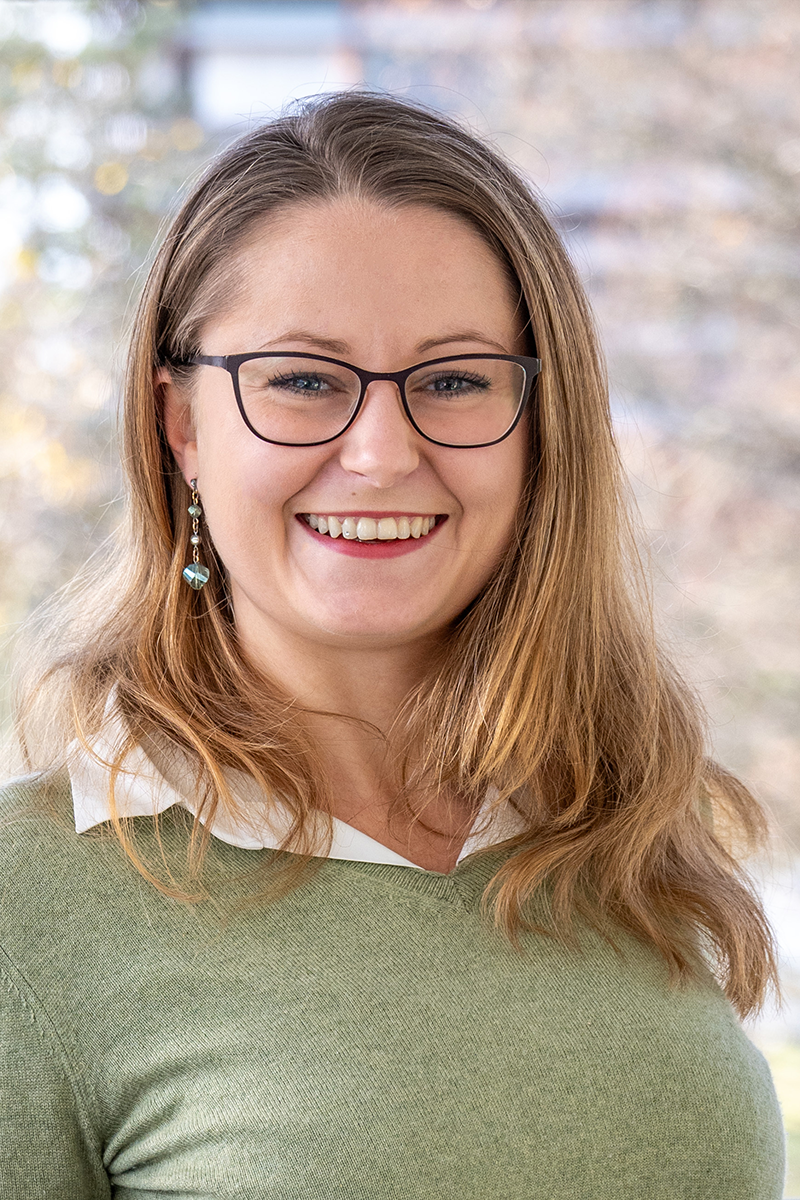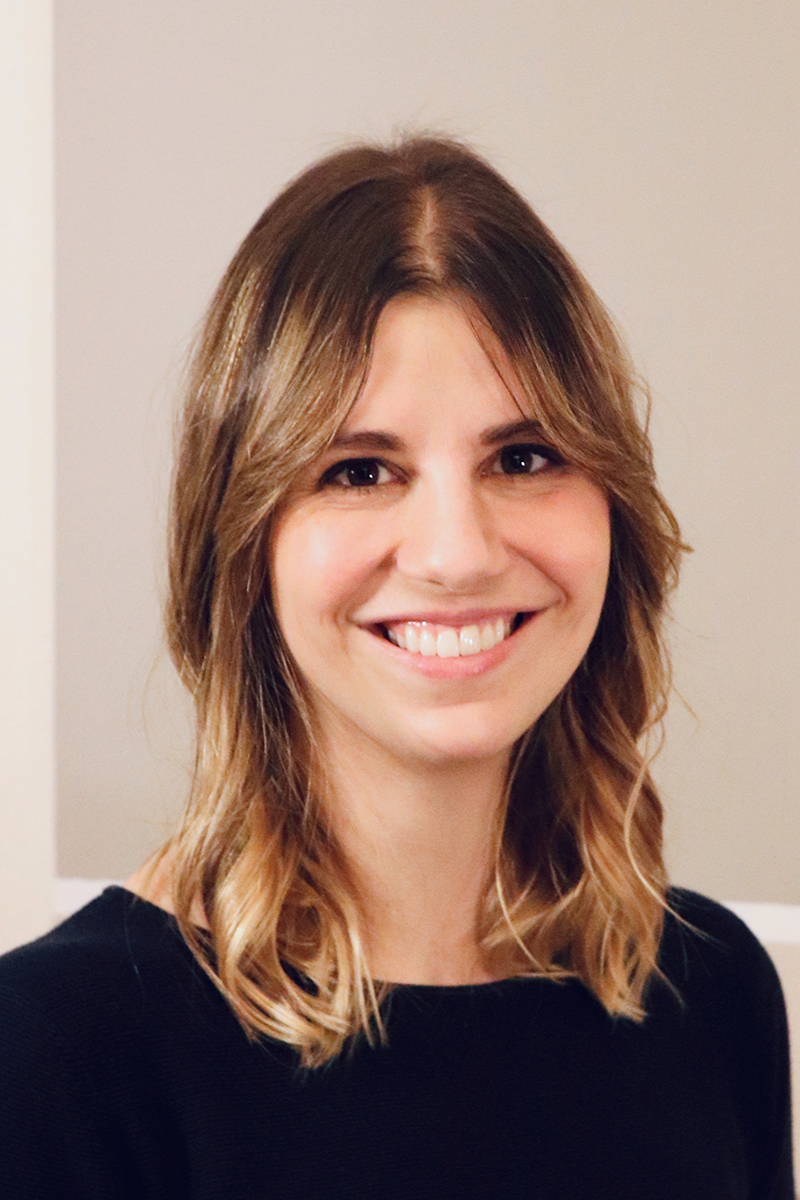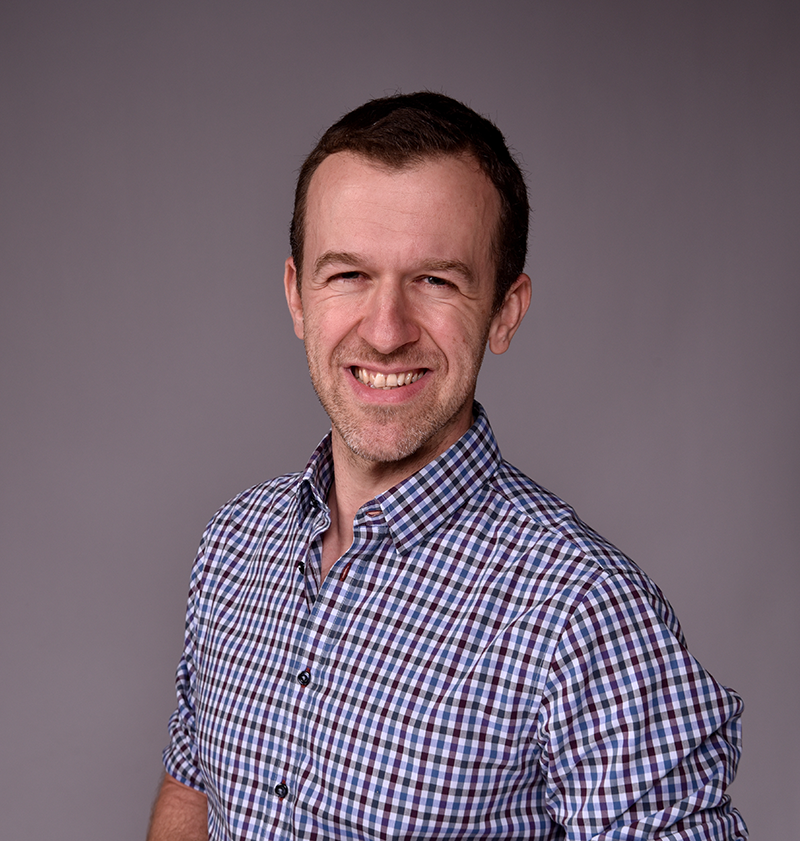Eleven SNSF Starting Grants for researchers at the University of Bern
Eleven award-winning research projects: of the 67 projects in this year's call for "Starting Grants" from the Swiss National Science Foundation (SNSF), eleven are being supported from Bern. The funding amount for the Bernese researchers is around 19 million Swiss francs in total.
Due to Switzerland’s status as a non-associated third country in the Horizon Europe programme, the federal government mandated the SNSF to launch the funding scheme "SNSF Starting Grants 2023". This integrative call is a transitional measure covering the ERC Starting Grants 2023 as well as the former SNSF funding schemes Eccellenza and PRIMA. The scheme is open to all disciplines and topics; researchers of any nationality may apply. Applicants can request a budget of up to CHF 1.8 million for a period of five years.
Good conditions for cutting-edge research
More than 440 applications were submitted in this year's call for SNSF Starting Grants, of which a total of 67 projects will be funded with around CHF 115 million in total. With an SNSF Starting Grant, grantees will lead an independent research project and direct a team of researchers in Switzerland. Of the eleven projects funded at the University of Bern, eight are by women and five by researchers who are moving to Bern from another institution. "This is a great success - not only because we were able to acquire eleven of these highly competitive grants, but also because, thanks to our good research conditions, several outstanding young researchers are coming to Bern to carry out their projects," says Prof. Dr. Hugues Abriel, Vice-Rector Research at the University of Bern. It is also pleasing that the projects cover so many different areas of research.
The eleven award-winning projects deal with the water cycle, socio-economic development in the Mediterranean region in the 2nd millennium BCE, bacteriophages and their role in the development of antibiotic resistance, border violence, the strengthening of positive memories in patients with depression, incorrect medical diagnoses, the history of algebra in the Mediterranean region, the development of cardiac arrhythmias, therapeutic approaches to dangerous adhesions in the abdomen, the study of the ocean on Jupiter's moon Europa, and the immunological "memory" to intestinal bacteria.
Detailed descriptions of the projects and short biographies of the researchers:
Leveraging water isotope observations to establish robust constraints for precipitation efficiency (PERISCOPE)Project leader: Project description: More information: https://data.snf.ch/grants/grant/218303 About Franziska Aemisegger Contact: |
Understanding Socio-Economic Complexity in Eastern Mediterranean ProtohistoryProject leader: Project description: More information: https://data.snf.ch/grants/grant/218052 About Teresa Bürge Contact: |
Range of influence of staphylococcal phages in bacterial populationsProject leader: Project description: More information: https://data.snf.ch/grants/grant/218285 About Elena Gómez-Sanz In addition, she undertakes advisory and reviewing activities on the field for several scientific editorials as well as for national and European public bodies. She is member of several specialized scientific societies in the field of antimicrobial resistance and infectious diseases. ContaCt: |
The Circumference of Violence - Tracing the normalisation and brutalisation of violence across Europe’s shifting external bordersProject leader: Project description: More information: https://data.snf.ch/grants/grant/218288 About Charles Heller Contact: |
CoMind: Improving diagnoses by understanding the collaborative and cognitive processes of medical teamsProject leader: Project description: More information: https://data.snf.ch/grants/grant/218047 About Juliane Kämmer Contact: |
Exploring the role of the prefrontal cortex in remembering and forgettingProject leader: Project description: More Information: https://data.snf.ch/grants/grant/218252 About Jessica Peter Contact: |
Medieval and Early Modern Mediterranean Mathematics (MediMath)Project leader: Project description: More information: https://data.snf.ch/grants/grant/218295 About Eleonora Sammarchi Contact: |
ACTT - Arrhythmogenic Cardiomyopathy: Investigation of new mechanisms and therapeutic targetsProject leader: Project description: More Information: https://data.snf.ch/grants/grant/218454 About Camilla Schinner Contact: |
Plumes: Access to the Chemical Makeup of Europa's Presumed HabitatsProject leader: Project description: Further Information https://data.snf.ch/grants/grant/218336 About Audrey Vorburger Contact: |
Engineered symbionts elucidate gut T cell memory and its (dys)regulationProject leader: Project description: More Information: https://data.snf.ch/grants/grant/218351 About Jakob Zimmermann Contact: |
Macrophage Aggregation Control against Scarring (MACScar)Project leader: Project description: Further information: https://data.snf.ch/grants/grant/218347 About Joel Zindel Contact: |
2023/12/15

